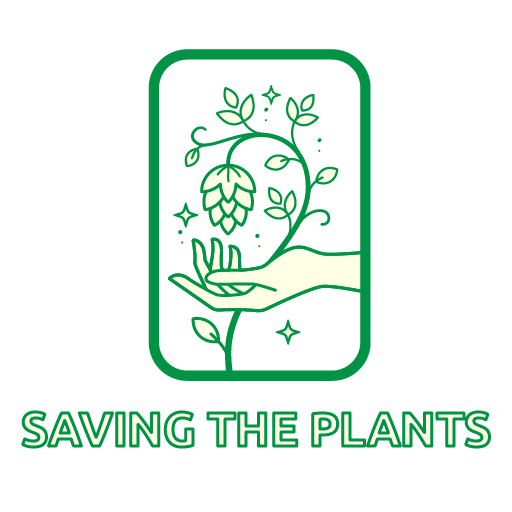Instagram recently removed a cannabis brand’s ad for violating their content policy, but the company was able to make it back on its feet with help from loyal fans and outside advertising. We walked you through how they did it.
The “stiiizy” is a cannabis brand that was shut down by Instagram. The company rebounded and started their own social media platform with the same name and logo.
Benzinga – Andrew Ward – Benzinga – Benzinga – Benzinga – Benzinga
Cannabis businesses have never had a strong social media presence. Cannabis has become a little more scrappy in terms of social marketing, coded language, and geotagging as a result of its precarious position.
Brands are still often subjected to shadow bans, suspensions, and account cancellations. Pot-focused social media platforms and advertising alternatives have emerged, but they have yet to acquire momentum in the same way other powerful platforms have.
On Instagram, there has been a new surge of suspensions, deletions, and warnings, with businesses, marketers, and journalists reporting similar problems. The motivation for the acts differs depending on the source.
As the problem persists, cannabis social media gurus have given advice on how to prevent it and restore an account.
My cannabis business account was deactivated on social media. So, what should I do now?
Instagram, a Facebook, Inc. Common Stock (NASDAQ: FB) business, suspended Cannaclusive’s account in late June. Kassia Graham, Director of National Projects and Social Media, claimed this was the first time the business experienced a problem since it began operations in 2017.
Graham believes the ban is the consequence of a viral post. She said the material, which was a 4/20-themed guide for discovering businesses using the company’s Inclusivebase tool, was free of sales links. She went on to say that the ban may have been imposed because the business had previously labeled accounts that had had run-ins with Instagram.
Graham said of the reasoning, “I simply don’t understand it.”
Cannaclusive’s account was restored after many days of petitions and lobbying. Since then, the firm has published a guide for other companies in the similar situation. The following are some suggestions:
- Using a third-party program to backup your followers
- Data downloads and backups
- Keep a file with all of your company’s papers, such as your business license, invoices, utility bills, and other paperwork.
- Report the account that is in violation on a daily basis.
- Launch a movement akin to #FreeThePlant to “bring us back.”
Cannaclusive has continued to use Instagram after the prohibition. They’re also looking at expanding their reach beyond their current newsletter and website activities. Others have taken similar measures to get their accounts back online.
Alice Moon works in the cannabis industry as a marketer. Her Instagram account, which had over 14,000 followers, was deactivated in 2016. This summer, her current account was again stopped. A colleague urged her to wait 48 hours before filing an appeal this time. Her account was restored two hours after she submitted the request.
How to Avoid a Cannabis-Related Social Media Ban
There is no obvious answer other than to stay as compliant as possible.
Moon thinks her most recent run-in was prompted by her headline’s wording, particularly “cannabis social media.” She’s since removed the title and stopped publishing cannabis-related material.
Cannabis businesses, she and others agreed, stay compliant on social media by presenting themselves as a lifestyle brand. Accounts seeking to utilize social media as a conversion tool should instead focus establishing emotional relationships with followers, according to Grasslands CMO Jesse Burns.
Brett Fink, Managing Partner of GRTR, has worked with a number of cannabis companies. He worked on specific initiatives for Snap Inc (NYSE: SNAP) before joining the market.
He urged businesses to take a new approach to social media. “If you look at other companies that haven’t been taken down, it’s essentially a landing page for them,” he said.
He also mentioned the significance of tales and reels. “Ephemerality is important since the tales are the ones that don’t get highlighted as often because they’re essentially a private page,” says the author.
Moon advises cannabis businesses to leave links out of their bios, delete any geographical information, and avoid using big cannabis hashtags.
“Their algorithm is catching up on it,” she warned.
Burns recommended concentrating on behind-the-scenes views and corporate principles rather than sales and marketing materials. As more tangible methods of acquiring and converting business, he suggests concentrating on Linktree, blogs, online content, and experiential activations.
“Social media is a great tool, but it’s not the be-all and end-all,” he said, adding that he discovered a solution via Facebook business verification. His business connected the account to their Instagram once it was validated. The business also established up a Facebook advertising account but never used it, which is a common technique that results in cannabis restrictions being lifted.


